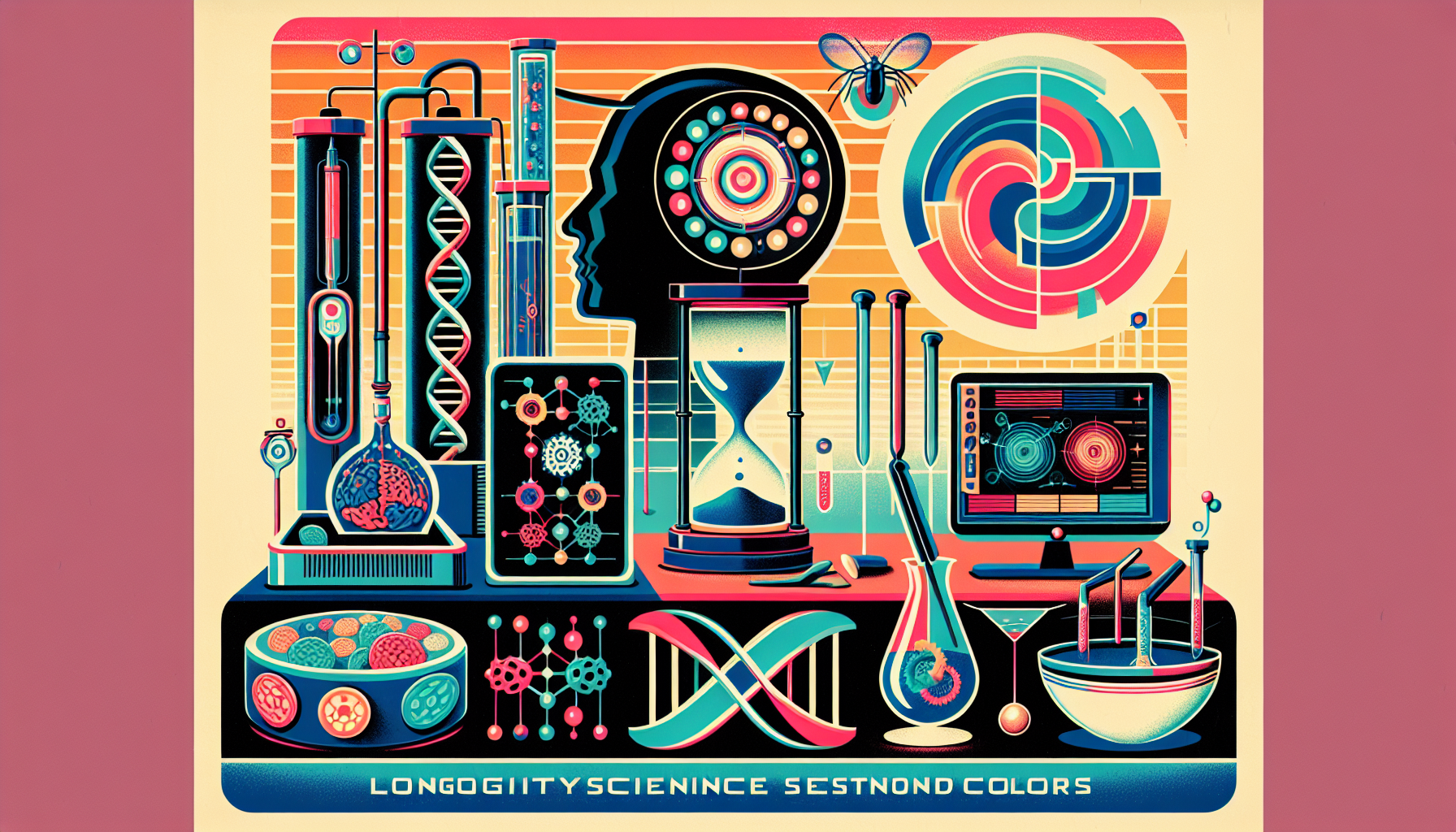The Innovation Behind GPT-4b Micro
GPT-4b micro is a specialized AI creation, designed with a singular purpose: to aid biological research. While OpenAI’s ChatGPT is known for handling language tasks, GPT-4b micro is focused on working with biological data. It studies complex datasets filled with protein sequences from many species. This focus enables the model to rework Yamanaka factors, which are key proteins that turn adult human cells into versatile stem cells. These stem cells can then become almost any type of cell in the body, making them incredibly useful in the fields of regenerative medicine and anti-aging research.
The Efficiency Breakthrough
What sets GPT-4b micro apart is its staggering 50-fold boost in efficiency in stem cell production compared to current methods. This is possible because the AI excels in enhancing the Yamanaka factors, making them far more effective. With this leap in efficiency, scientists can speed up the creation of replacement cells and even grow human organs in a lab. Such advancements pave the way for revolutionary treatments for age-related diseases and elevate the possibilities within regenerative medicine.
Partnership and Proactive Investment
The collaboration between OpenAI and Retro Biosciences isn’t just a technological venture; it’s a strategic alliance. Sam Altman, OpenAI’s CEO, has personally invested $555 million in Retro Biosciences. His investment underlines the immense promise this technology holds—potentially extending human life by up to a decade. This financial backing adequately reflects the confidence in GPT-4b micro’s potential to change the landscape of human health and longevity.
Training Insights and Capabilities
The rigorous training of GPT-4b micro on a variety of protein sequences from different species equips it to understand and model molecular interactions. This ability means the model can create proteins that drive cells to convert into stem cells very efficiently. These advanced proteins offer groundbreaking promise in the world of medical research and potential treatments.
Implications for the Future
The introduction of GPT-4b micro represents a pivotal moment in merging AI with biotechnology. By dramatically improving the potential for creating new cells and organs, this AI model could transform regenerative medicine. It offers fresh hope in tackling age-related diseases and could even redefine our understanding of human aging.
Addressing Key Concerns
Despite the excitement, GPT-4b micro’s advancements bring their own set of challenges. Ethical questions are being asked about who will have access to these life-extending technologies and their societal impact. Scientifically, there’s a need for exhaustive testing to translate lab findings into safe, approved therapies. Economically, these innovations must be accessible to all, highlighting the importance of fair distribution.
Open Science and Collaboration
Committed to openness, OpenAI and Retro Biosciences will share their research on GPT-4b micro. This transparency is pivotal in accelerating advancements in longevity science, ensuring the benefits of this innovation are accessible to a broader audience. By allowing other scientists to evaluate and build upon the GPT-4b micro’s findings, progress in the field can be collectively spurred.
A Step Towards Broader AI Milestones
GPT-4b micro’s release isn’t just about longevity science; it’s also a stride towards Artificial General Intelligence (AGI). This AI has demonstrated an ability to generate unforeseen scientific results, showing progress toward creating systems that can perform any intellectual task a human can manage. Altman stresses that such technological advancements could drastically reshape innovation across various domains, especially healthcare and biotechnology.
In closing, OpenAI’s GPT-4b micro is catalyzing a transformative era for longevity science. By supercharging stem cell production and revolutionizing regenerative medicine, this AI promises extended lifespans and improved health for future generations. As OpenAI and Retro Biosciences continue to forge ahead, the future of medicine is poised for radical change, anchored by the potent synergy of AI and biotechnology.

Leave a Reply